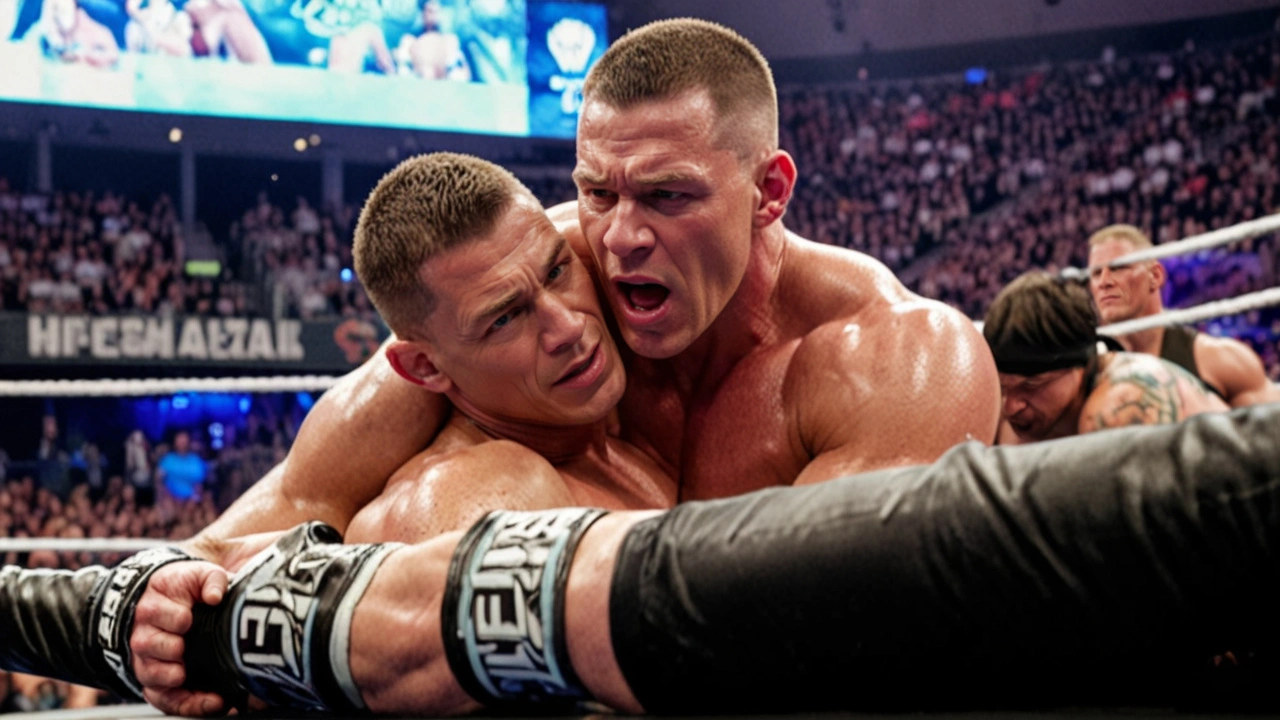WWE Retirement: What Every Fan Needs to Know
When a WWE superstar announces retirement, it’s more than just the end of a career—it’s a big deal for fans who’ve followed them through countless epic matches. Retirement in WWE doesn’t always mean the wrestler disappears completely, so it’s worth understanding how these retirements shape the wrestling world.
Many wrestlers retire due to age, injuries, or personal decisions, but some return to the ring for special appearances or non-wrestling roles. It’s quite common for WWE legends to stay connected—whether through coaching, commentary, or backstage roles—keeping their impact alive beyond their active wrestling days.
Why Do WWE Stars Retire?
Physical wear and tear is a major factor—those high-impact moves don’t come without cost. Age plays a role too; as wrestlers get older, they often prioritize health and family. Sometimes, contract issues, creative differences, or wanting a fresh start in life outside the ring lead to retirement announcements.
Unlike many sports, WWE retirements aren't always final. Some wrestlers announce retirement only to make surprise returns later. This keeps fans guessing and adds drama to the wrestling scene.
After Retirement: What's Next?
Retired WWE superstars often stay in the spotlight by joining wrestling schools, becoming trainers, or working behind the scenes. Others switch careers entirely—some become actors, entrepreneurs, or fitness experts. Fans love hearing about their new adventures because these stars’ stories continue beyond the ring.
Whatever the case, WWE retirements mark big moments in wrestling history. They remind us that behind the spectacle are real people with careers that evolve. Following retirement news helps fans stay connected to their favorite wrestlers and the ever-changing world of WWE.

John Cena Announces WWE Retirement by 2025: A New Era Begins
- by Masivuye Mzimkhulu
- on 8 Jul 2024
John Cena has revealed his plan to retire from WWE competition in 2025. During his announcement at the 'Money in the Bank' event, Cena stated that Wrestlemania 2025 would mark his final appearance in the ring. Despite his retirement from active competition, Cena expressed his commitment to remain connected with WWE. He also shared his excitement about WWE Raw's move to Netflix.